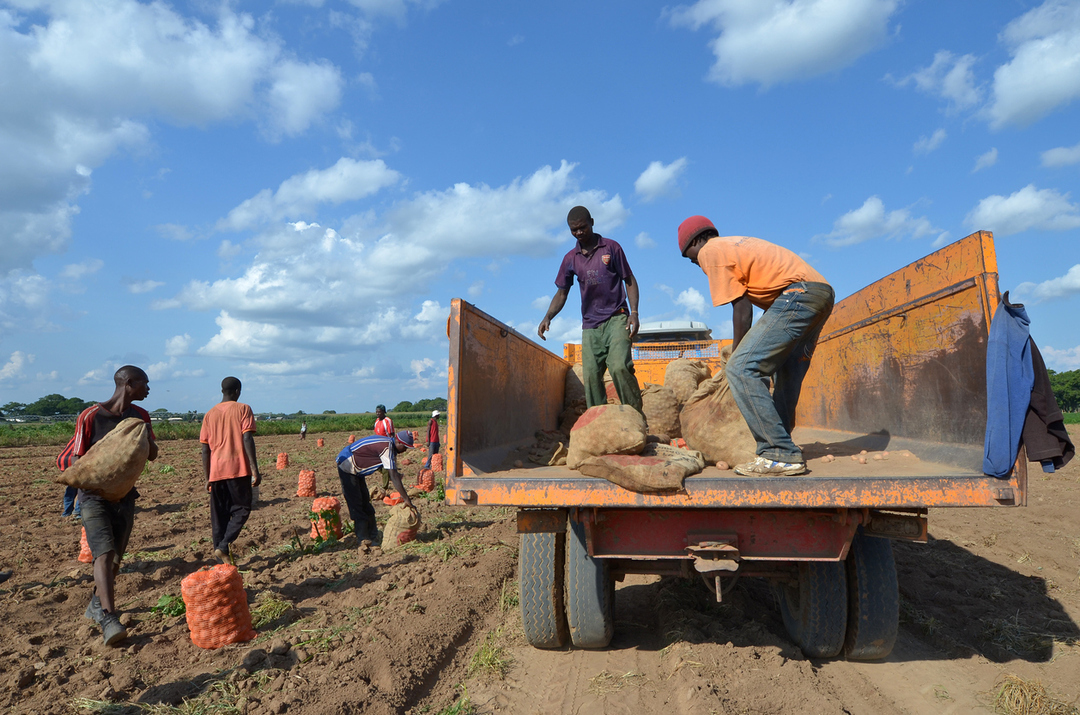Social protection for social justice: Putting people first

There are many definitions of social protection. In Scoping Social Protection, German sociologist Daniel Kumitz describes it as “providing for those in society unable to provide for themselves: the poor, the incapacitated, the unemployed, those not supposed to work such as children and women during maternity. Social protection thus deals with life’s contingencies and provides a floor to keep people from falling into poverty.” Social Justice on the other hand is a comprehensive, universal and normative concept for an inclusive, equitable and integrative society. To approach social justice, inequalities in the distribution of income, assets, opportunities for work and remunerated employment, access to knowledge, health services, social security and the provision of a safe environment as well as opportunities for civic and political participation have to be overcome. Therefore, equality of rights and opportunities and equity of living conditions for all individuals and households must be provided. Thus, social protection is integral to facilitating a multitude of factors that contribute to social justice.
Developing rights-based social protection policies in sub-Saharan Africa
By now, governments across Africa have put in place national social protection policies. In 2007, Heads of State in the Southern African Development Community (SADC) Region in Lusaka signed the Social Security Code, reaffirming their commitment to see the comprehensive social protection measures incorporated in the respective countries policy and legal framework. However, operationalization of such policies leaves much to be desired especially when those affected by the brunt of poverty are not well informed about such policies, their rights, let alone means of how to claim them. It is for this reason that FES Zambia works to advocate for social protection policy change by engaging into political dialogue with governments, civil society, trade unions and informal economy workers to lobby and ensure that rights based legal frameworks on social protection are put on a legal basis.
The Social Compact and Social Justice Partners Conference held from 17-18 March 2020 in Johannesburg, South Africa, brought together a wide range of civil society organizations, United Nations agencies, academics, trade union, social protection experts and government representatives. The following recommendations and resolutions to promote social protection as an essential contribution to social transformation in Southern Africa were made:
- Social protection must be extended to informal economy workers.
- There is a need for institutionalized capacity building mechanisms among partners and government agencies and consider coming up with a tool to measure social protection successes in the SADC region.
- Further discourse on the meaning of rights based social protection and social protection is necessary.
- The ILO Rec 202 the Social Protection Floors should be made a convention to compel states to implement social protection for all.
- Governments need to see social protection as an investment and not a cost.
- Collaboration with SADC secretariat should be enhanced, and partners in the SADC region should move towards acknowledging countries which are doing well in social protection development.
- Solutions to social protection financing through research and creation of fiscal spaces through taxation and creation of basket funds for social protection need to be found.
- The participation of young people in the social protection discourse is critical.
- Minimum social protection standards in the SADC should be considered.
- Collaboration and networking among social protection partners and respective government should be enhanced.
A slow but steady process towards social justice
Policy advocacy takes time and requires a lot of patience and consistence when engaging various stakeholders. What the regional and national policy processes have shown was that in order to be successful stakeholders need to be well informed and coordinated to ensure a collective voice over a policy issue and key to note is also that providing a conducive environment for policy dialogue yields greater results. In the end, one thing remains clear: rights-based social protection policies are indeed a pathway to attaining social justice in Sub Saharan-Africa and beyond - no matter how long it takes.
About the authors
Precious Mooze Ngónga is the Programme Manager of the Rights Based Social Protection Project in Sub-Saharan Africa at FES Zambia
Vince Chipatuka is the Programme Manager of the Social Compact and Social Justice Project at FES Zambia.
Learn more about the programs and projects of FEZ Zambia at www.fes-zambia.org or send them an email at info(at)fes-zambia.org




